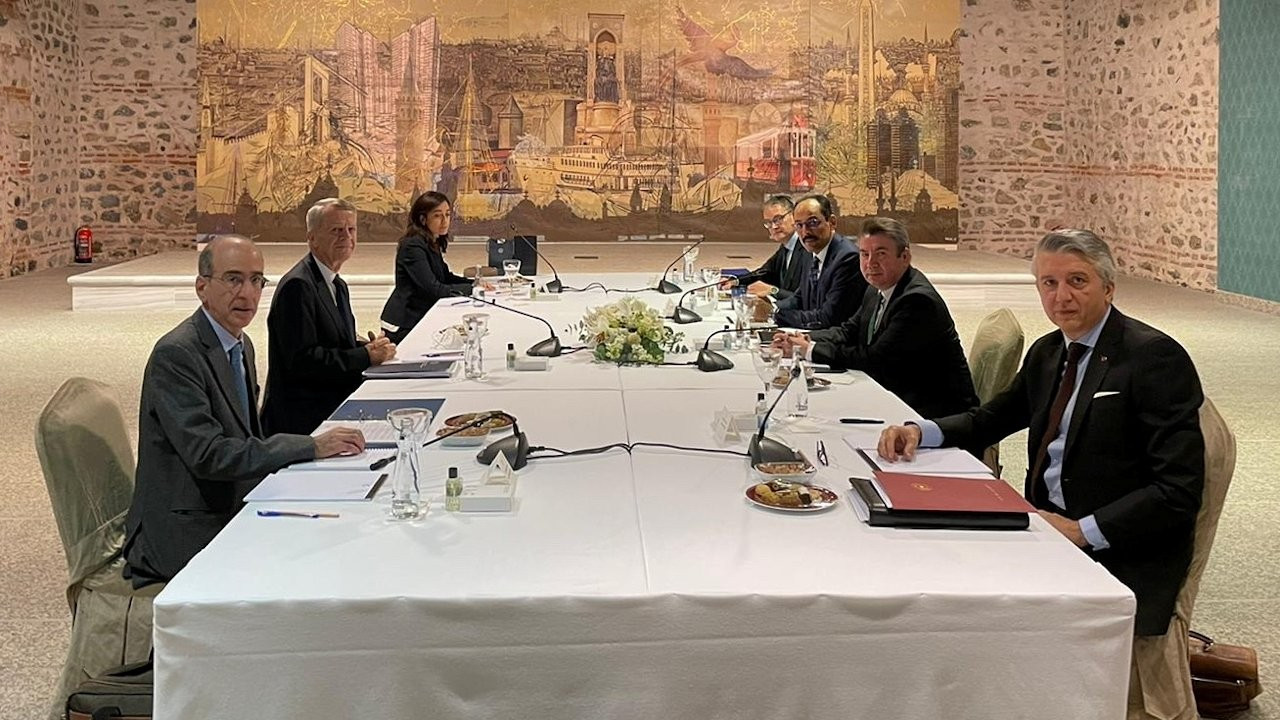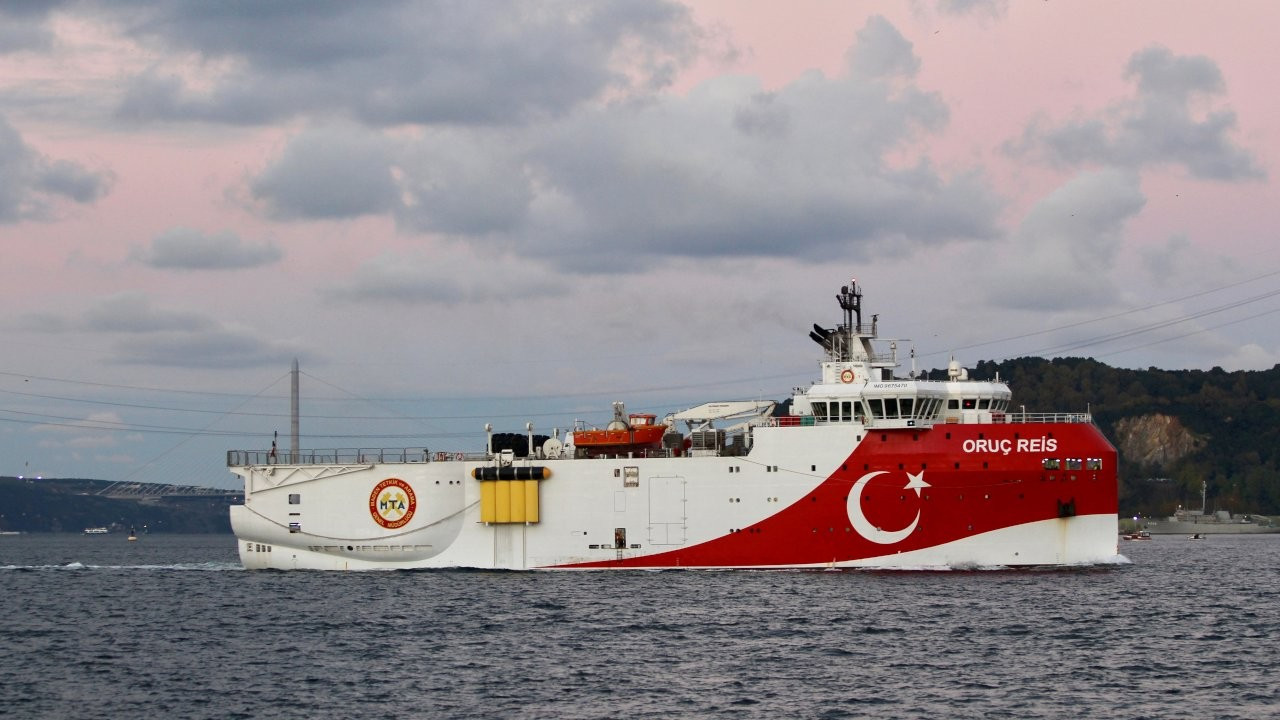Greek PM Mitsotakis faces criticism from within party over resumption of exploratory talks with Turkey
Former Greek PM Antonis Samaras has voiced his disagreement with current PM Kyriakos Mitsotakis' policy on Greece-Turkey relations, in the most public display of dispute within the government since New Democracy came to power in 2019. Samaras, who is currently an influential lawmaker, said the exploratory talks with Turkey remove any possibility of EU sanctions against Ankara, in comments which could put the unity of the party in danger.
Nikolaos Stelya / Duvar
Former Greek Prime Minister Antonis Samaras has challenged the foreign policy of the government with regards to Turkey, saying the resumption of exploratory talks removes the prospect of EU sanctions against Ankara over its activities in the East Mediterranean.
“Anyone can understand that the international community will not ‘punish’ a country that is formally engaged in a negotiation,” Samaras, who headed a former New Democracy government, told Kathimerini newspaper on Jan. 24.
“You cannot appease an expansionist [state]. This will only make it more relentless. An expansionist [state] can only be dealt with by deterrence,” he said, referring to Turkey.
Opposition Communist Party of Greece (KKE) similarly expressed the party's concern over developments in Greek-Turkish relations.
"The USA, NATO and the EU, following a very dangerous course, are trying to pave the way for a solution involving joint exploitation of the Aegean and the Eastern Mediterranean," KKE representative Giorgos Marinos said last week, urging Athens to be vigilant with regards to exploratory talks.
Yannis Valinakis, former Greek deputy minister of foreign affairs, similarly criticized Greece's “rush” to start exploratory talks with Turkey without any precondition.
“Of course we favor dialogue, but we need to be aware that we are not holding a talk with Denmark. We are unfortunately restarting a dialogue with a country, unfortunately without any guarantee, which has been questioning the holy areas of the international peace and order and has adopted an uncontrolled aggressive stance, especially after 2016 [when exploratory talks were halted],” he told CNN.
Former Greek deputy parliamentary speaker Alexis Mitropoulos from SYRIZA is another politician that is critical of Mitsotakis' policy on Turkey-Greece relations.
Mitropoulos argued that Athens came to sit at the negotiation table with Ankara due to Germany's pressure. He said that the exploratory talks might fuel Ankara's “aggressive” stance, which why Greece needs to come up with some preconditions before moving further on with the talks.
Turkey and Greece resumed talks aimed at addressing long-standing maritime disputes on Jan. 25, ending a five-year hiatus after months of tension in the Eastern Mediterranean.
The neighboring NATO members are at odds over claims to Mediterranean waters and energy rights, air space and the status of some islands in the Aegean Sea. They made little progress in 60 rounds of talks from 2002 to 2016.
Plans for resuming talks foundered last year over Turkey's deployment of a seismic survey vessel in contested waters and disagreements over which topics they would cover. The vessel was withdrawn to Turkish shores last year.
Ankara and Athens agreed this month to resume the talks in Istanbul, in a test of Turkey's hopes of improving its relations with the European Union, which has supported EU-member Greece and threatened sanctions on Turkey.
Mitsotakis said last week Greece would approach the talks with optimism but "zero naivety," while Turkish President Recep Tayyip Erdoğan said he hoped the resumption of talks would herald a new era.
Analysts have said an immediate breakthrough is unlikely given decades-old policy differences, but that resuming dialogue is an important first step after EU pressure on Ankara.

 Turkish-Greek talks: One small step…well, that’s itDiplomacy
Turkish-Greek talks: One small step…well, that’s itDiplomacy Turkey and Greece resume talks on maritime disputes after five yearsDiplomacy
Turkey and Greece resume talks on maritime disputes after five yearsDiplomacy